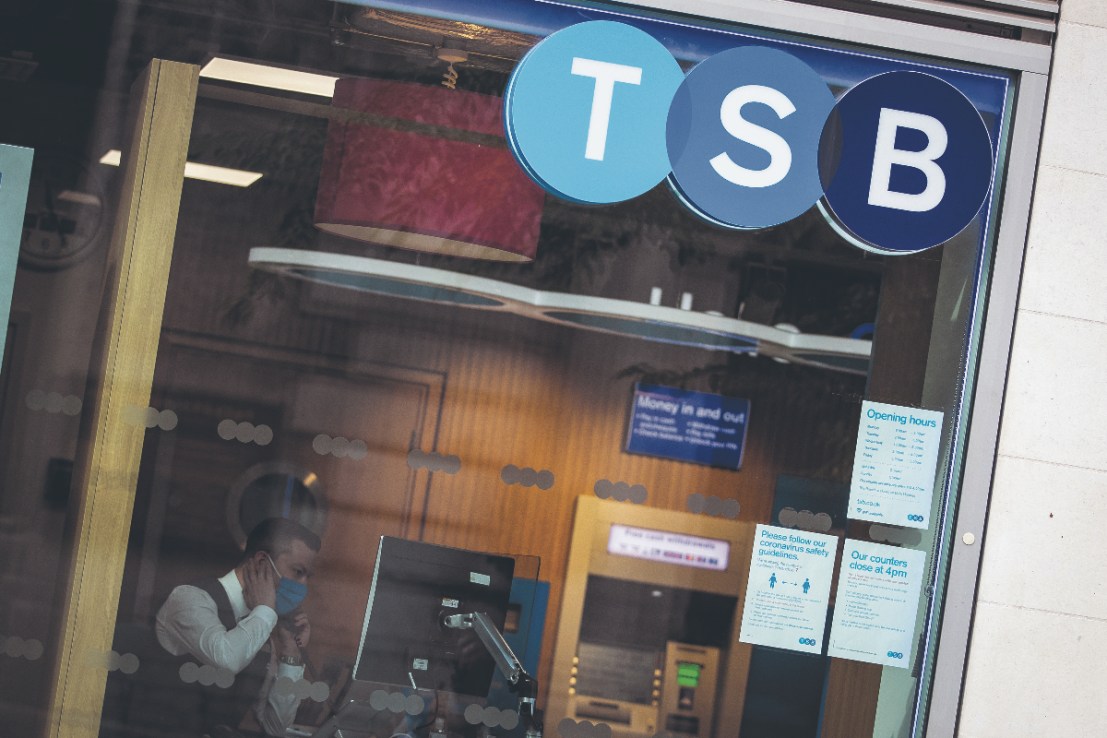BBVA could raise offer for Sabadell by selling TSB, analysts say
Analysts have argued Spanish banking giant Banco Bilbao Vizcaya Argentaria (BBVA) could raise its hostile takeover bid for smaller domestic rival Banco Sabadell by selling its UK arm TSB.


Analysts have argued that Spanish banking giant Banco Bilbao Vizcaya Argentaria (BBVA) could raise its hostile takeover bid for smaller domestic rival Banco Sabadell by selling its UK arm TSB.
Offloading the business, which Sabadell bought for £1.7bn in 2015, could “allow BBVA to include a cash element of up to 10 per cent of the offer”, Barclays analysts said in a note on Monday.
They added that this move to sell TSB would cost BBVA a “limited” negative 25 basis points in Common Equity Tier 1 capital (CET1). If the bank finds a buyer, a sale at terms in line with Nationwide’s recent deal to buy Virgin Money could add around 20 basis points in CET1, the analysts estimated.
BBVA last week launched a rare hostile takeover bid for Sabadell after the latter rejected its initial offer, taking its €12.2bn (£10.5bn) all-share merger proposal directly to shareholders.
Sabadell said BBVA’s proposal undervalued the bank’s potential. It is offering one newly-issued BBVA share for every 4.83 Sabadell shares.
Carlos Torres, BBVA’s executive chair, had previously written to Sabadell saying the bank had “no room” to raise its offer, citing Sabadell’s higher share price.
Sabadell has considered selling TSB in the past but rejected an offer from The Co-operative Bank in 2021. Meanwhile, BBVA has a much more limited presence in the UK, with a large stake in app-based Atom Bank.
“In the UK, BBVA with TSB would lack scale to pursue their strategy of growth, which intends to combine scale and profitability, and we think a sale could be well-received,” Barclays’ analysts said.
BBVA’s chief executive Onur Genc told analysts it was “too early to tell” whether he would sell TSB after a Sabadell merger when asked on a call last week.
Sabadell and BBVA called off merger talks in November 2020 after they disagreed on the deal’s terms and price. The breakdown was reportedly triggered in part by a clash over TSB’s valuation.



